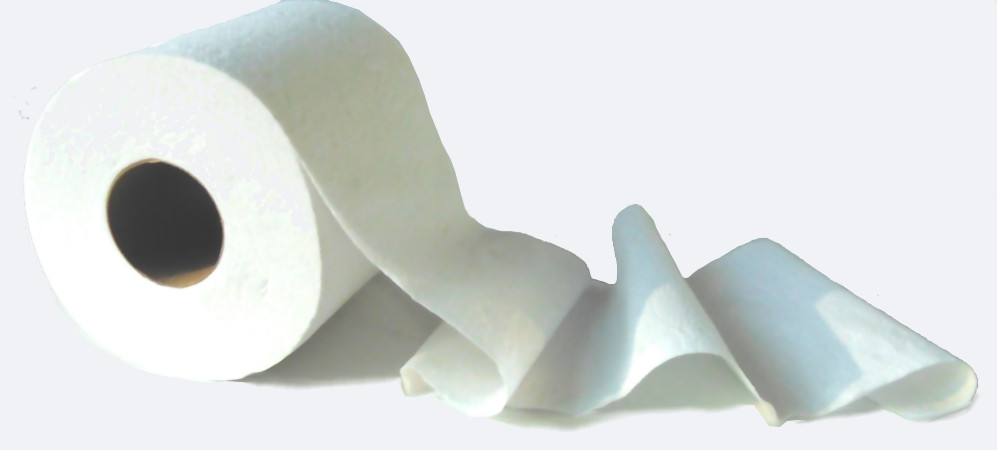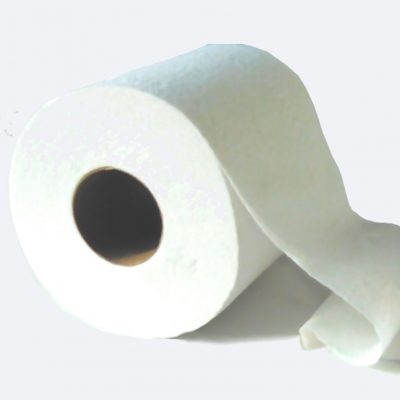
Too often people are suffering with ongoing, chronic bowel issues. It’s really important to maintain healthy colon function to ensure that we are continuously eliminating waste and toxins from our body.
Keep in mind, there could be certain factors that are negatively impacting your bowel regularity such as diet, stress, or even some medications. Understanding what is causing the problem should also be a consideration towards improving bowel function.
PROBIOTICS
Probiotics are beneficial, living microorganisms in our digestive tract that help breakdown food and fight harmful bacteria. In addition to producing certain vitamins and boosting immunity, probiotics promote healthy bowel movements and help reduce gas and bloating.
With so many probiotics to choose from, it’s best to speak to the knowledgeable staff at your local health food store to determine a good one for you. Each brand of probiotic differs in quality, strength, and the blend of probiotic strains they use.
Look for probiotics with higher amounts of “bifidobacterium”, which thrive in the lower intestine and support healthy bowel function.
DRINK PLENTY OF WATER
Sipping good quality water throughout the day helps keep our colon hydrated. When the colon becomes dehydrated, it will soak up fluid from your food waste, which creates hard, dry stool that is difficult to pass. Drinking water helps keep your stool soft and easy to pass.
INCREASE YOUR FIBRE INTAKE
Sources of fibre include whole foods such as fruits, vegetables, legumes, nuts, and seeds. There are two types of fibre: soluble and insoluble. Both are important to keep the bowels moving regularly.
Soluble fibre absorbs fluid in the colon and adds bulk to your stool. Good sources include legumes such as black beans and kidney beans. Chia seeds, psyllium, oats, and ground flax seeds are also excellent sources.
Insoluble fibre helps promote movement of your stool and also provides bulk. Good sources include peas, cabbage, raspberries, apples, and pears. Excellent sources include kidney beans, lentils, chia, and ground flax seeds.
PLEASE NOTE
~ It’s really important to drink more water when increasing fibre intake to avoid developing hard, dry stool.
~If your body is not accustomed to fibre, gradually introduce fibre into your diet to allow your body to adapt.
EXERCISE
One of the contributors to constipation is inactivity. Regular exercise has been shown to stimulate the natural contractions of the bowel. Plus, exercise is a great way to alleviate stress and stress can cause constipation for some people. Wait at least an hour after eating a big meal to give your body a chance to digest before you start any vigorous activity.

